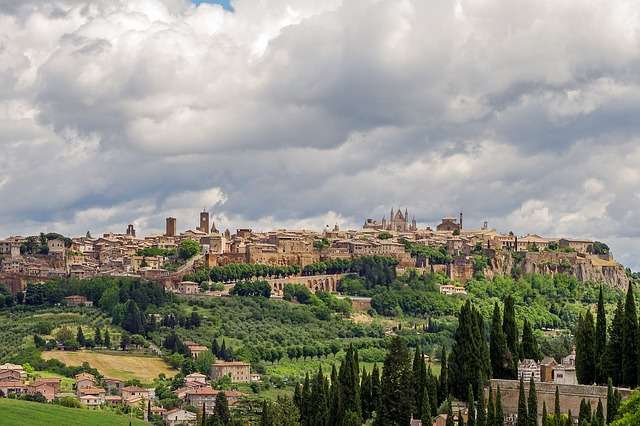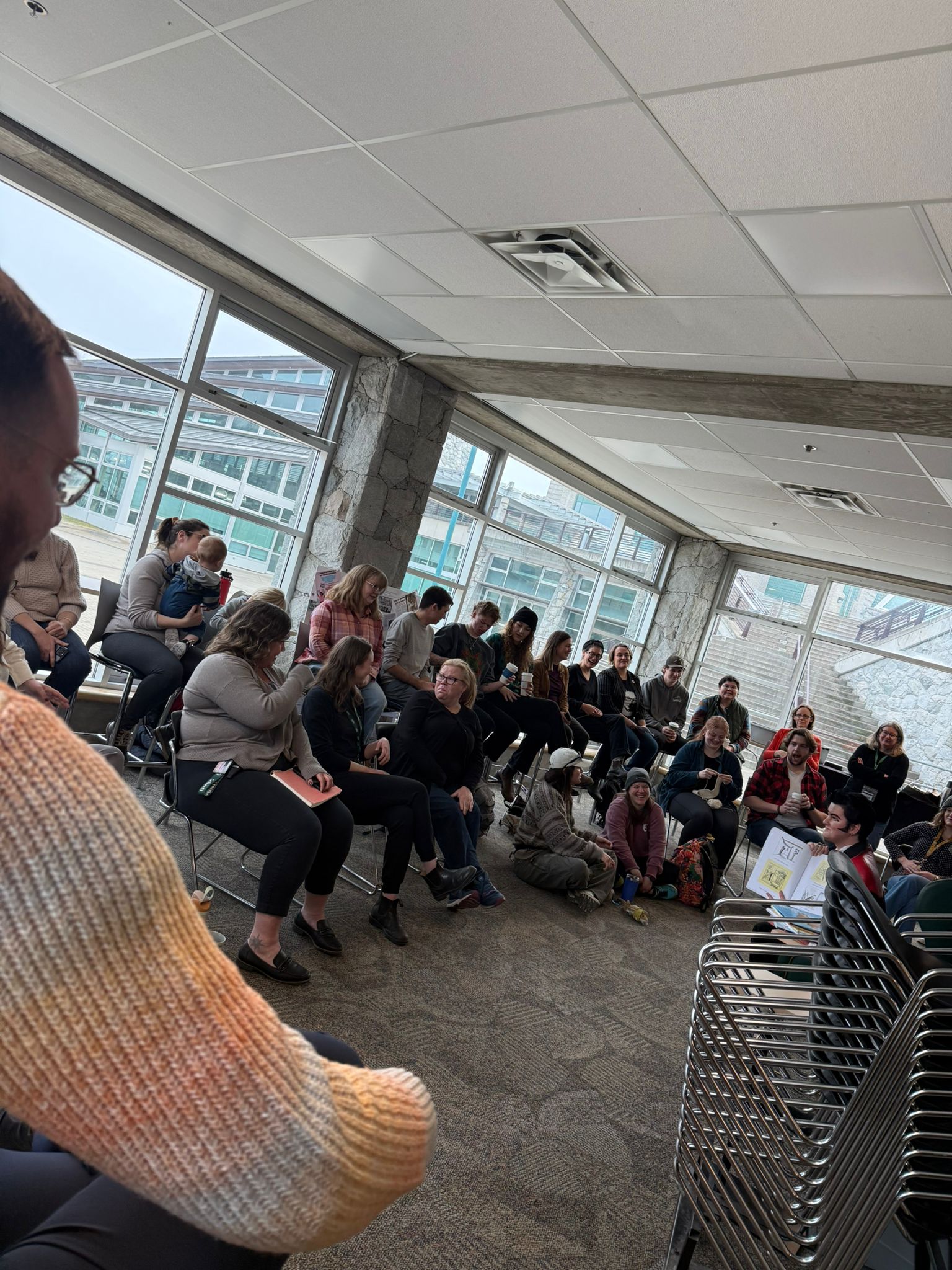Many people dream of moving from the “province” to large cities, to cities of great opportunities and a frenzied rhythm of life. However, is it worth it? This article will look at the pros and cons of living in a small town.
It’s nice to live in a small town and have subtle energy. In big cities, life boils like a stream – everyone is in a hurry to work, study, on business. Almost everyone there is trying to grab every opportunity, get to all places simultaneously, and not miss anything. And in all this fuss, it is difficult to relax the tap. Yes, in a small town, too, people go to work. They also have daily responsibilities, goals, and a desire to achieve something. But there is no such rush, the atmosphere around is calmer, thanks to which people are happier, which allows them to enjoy life. In provincial cities, there are much fewer troubles, people do not get sick so often, on the contrary, residents of such cities are more smiling, friendly and cheerful. In a small town, relatives and friends are nearby; they have much more time to communicate.
Small towns are closer to nature and have a better ecology. You can say that there is also a lot of nature in big cities and some parts of cities are located next to the forest, sea, ocean, river or lakes. However, most people in big cities are deprived of the opportunity to enjoy nature every day, because people are constantly in a hurry and spend a lot of time rushing to get from work to school. Constant fuss just interrupts the energy of nature. But in a provincial city, there are no busy streets and skyscrapers in the center. In small towns, many people live in the private sector, which brings them closer to nature. And you can leave the city in just 10 – 15 minutes, and you already find yourself at the lake or river. A person close to nature gets more vital energy, which allows him to be more productive and healthy. Everyone knows that the trustworthy source of positive energy is nature.
Traveling in small towns is much more comfortable. Yes, in large cities, the urban transport network is more developed. You can quickly get from one end of the town to the other by metro or bus. However, how much time do people spend just to get from one place to another? If you do not live in the city center, where not everyone can afford housing prices, you will spend an hour or more to get to your place of work or study. Also, most of the population have cars, but you will need to spend a lot of time getting from one end of the city to the other. Not to mention traffic jams, exhaust fumes, and wasted nerves. In small towns, you can get to work by bus in just 10 minutes. Many people walk or ride bicycles, which helps them be in great shape.
The probability of riots in small towns is much lower. When disorder begins in the country, as a rule, anxiety occurs in large cities. In the provinces, people are also interested in what is happening, but they remain on the sidelines, continuing to enjoy life.
The constant turmoil of the big city. Even those who live in a megalopolis, trying to lead a measured life, are constantly confronted with the laws of the big city. At the same time, a person experiences stress, and there is an internal dissonance.
The price of life. In big cities, the cost of housing is much higher than in small towns. For example, the average price in Vancouver of a one-room apartment in a residential area is $1100-1400. If you are lucky enough to get a stable, high-paying job, then compared to small towns, the salary is, of course, higher. However, if you have just started working with a small wage or are a student with part-time jobs, it will be difficult to afford this amount for accommodation! Also, prices for products and other services in large cities are higher.
Great networking opportunities in small towns. We all understand that establishing connections is essential for your future and when applying for a job. In a small town where many people know each other, intersect at events, seminars, or lectures at universities, there is a high probability of establishing valuable connections. For example, if you are studying at a university in a small city, there is a high probability of meeting someone from your field.
There is more competition in big cities. After graduating from the university, many graduates are trying to move to big cities, thereby forming an already great competition. Undoubtedly, there are more jobs in big cities, but the probability that after graduating from university, you will be able to get the job you want in your specialty is not so great. There are many cases when people moving to a big city could not find the desired position and tried to get somewhere just to stay in the big city, hoping to find a dream job in the future. In small towns, the situation is entirely different. While still studying at the university, you can quickly establish connections and gain work experience through these connections or through acquaintances. Also, because many people want to leave a small city, there is often a shortage of personnel, and there is an excellent opportunity to get a job after university. If you still have an irresistible desire to move to another city, then this does not mean that you cannot start working in a small town. Having acquired the necessary work experience, you can apply for a job in a big city, and already with work experience, your resume will look more attractive to employers.





